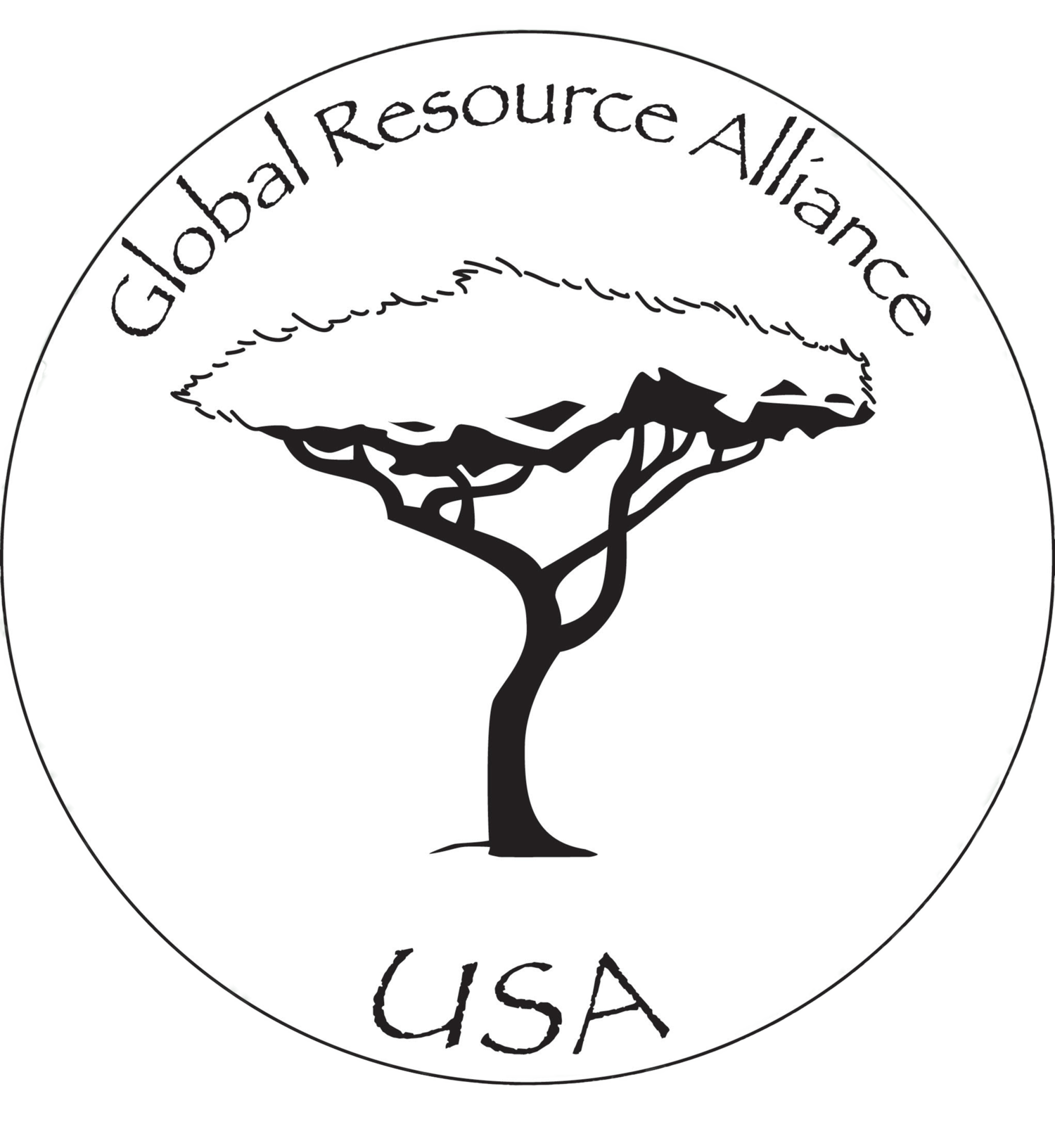What We Did in 2020
Tree Planting
In collaboration with Belgian NGO, WeForest, we distributed more than 575,000 trees for carbon offset, economic opportunity and to support local communities. This brings the total number of trees planted since the inception of the project in 2011 to over 1.6 million trees. In the last trimester of the year, we received an order of 750,000 more trees to be planted in the Spring and Fall of 2021, and the team has already prepared the nurseries to fulfill half of this order in the Spring.
In the Fall of 2020, we entered into a partnership agreement with WeForest to expand tree distributions in the Mara region. The agreement includes selling some of the seedlings to private customers at low cost as well as adding several new positions to the tree planting department - a tree manager, a monitoring and evaluation position, and two new trainers to expand the research and reporting capacities of our team. We continue with nurseries in Kinesi and Butiama that are providing trees to the seven districts of the Mara Region - Tarime, Musoma Rural, Musoma Urban, Butiama, Rorya, Serengeti, and Bunda. The tree varieties distributed include fruit, medicinal, fuel, timber, ornamental, fencing, and nitrogen-fixing trees.
We purchased a new Toyota Land Cruiser pickup truck vehicle that is perfect for tree distributions and will allow us to easily grow into our new expansion phase. Special thanks are due to So Hum Foundation in the US and WeForest in Belgium for their generous assistance.
We have reforested the equivalent of about 2,500 acres of land and served over 4,700 customers since 2011. These trees will sequester about 40,000 tons of CO2 each year.
Fuel-Efficient Cookstoves
Total sales of the award-winning Eco-Zoom fuel-efficient charcoal cookstoves have increased to 679. Each stove reduces the amount of CO2 produced by about 75% over traditional cookstoves - the equivalent of driving an SUV 7,500 miles on an annual basis. They also reduce toxic emissions by about 50%, helping to reduce the number one killer of children under 5 in Sub-Saharan Africa - indoor air pollution.
The greatest challenge in distributing these stoves is their high price compared to traditional stoves. We’ve been selling them at a little below our cost of approximately $40 each through microfinance groups but recently reduced that price by half to increase the number of stoves in use. Each family in the Musoma orphans program was given a new stove for free.
Permaculture
In 2018, after a meeting with our orphan’s guardians, we offered each family the use of a piece of our eight-acre plot provided by the Kinesi Village Council to grow their own food. GRA provides water, compost, and seeds. The project is still working, and in 2020, nine of the families were growing their own organic food to sell or for personal consumption.
This plot grows hundreds of trees for food, lumber, habitat, staple foods like corn, beans, sweet potatoes, sorghum, cassava, peanuts, and a variety of vegetables and plants for medicinal purposes.
Herbal Remedies
Continued to grow, process, and distribute herbal products at affordable prices to over 500 customers for all types of tropical diseases including malaria, typhoid, parasites, yellow fever, amoebas, and tuberculosis. We also continued to produce and distribute a superfood made of moringa and amaranthus that greatly enhances the well-being of people suffering from malnutrition or living with HIV/AIDS and other chronic conditions.
Provided free remedies for over 150 people most in need like orphans, elders, and the poorest of the poor. GRA herbalist Lucy Ndege also offered consultations for those in need.
Support for Orphans
Completed the 17th consecutive year of the Tumaini kwa Watoto (Care for the Children) program that provides 66 orphans living with their extended families in the Musoma area with food, school supplies, school fees, uniforms, shoes and weekly activities at the GRA-Tz office compound.
Continued support for 65 families caring for orphans in Kinesi Village. The program provides mattresses, sheets, mosquito nets, school supplies, school fees, uniforms, and shoes.
Continued to provide health care coverage for all children and their guardians in our two orphan programs via a government program that provides health care IDs for disadvantaged citizens.
Provided after-school English, math, and science for the kids in the program several days a week both in Musoma town and Kinesi Village. These classes are helping our students to be better prepared for their national exams and have a better chance to qualify for further education.
Provided continuing scholarships for all 45 of the kids from the two orphan programs now enrolled in vocational training, colleges, and universities.
Fiscal Sponsorship
GRA continued to serve as a fiscal sponsor for New Beginnings Charitable Trust in Andhra Pradesh, India with programs serving “untouchable” women and children in rural villages.
